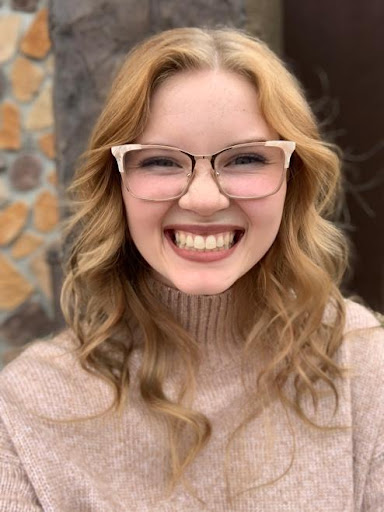We remember how to be human when we share our stories of hope, prayer, lament, and struggle. “Wild, Beautiful, and Free” by Sophfronia Scott threads the past of “Jane Eyre” from England in the late 1700s with the 1800s American South testimony of Jeanette Bébinn. Sophfronia Scott has over twenty years of experience as a professional writer of fiction, nonfiction, essay, articles, and liturgies. St. Martin’s Press 2004 named Scott “one of the best writers of her generation” after her first book was published.
This rich retelling explores Jeanette Bébinn’s life as the child of Louisiana plantation owner, Jean Bébinn, and an enslaved woman, Lindy. Their love embitters her father’s wife such that Jeanette is sold into slavery upon her father’s death. Jeanette is torn from her white half-sister, Calista, and from Catalpa Valley whose cornflower scent and Spanish moss are planted in the depths of her identity. “Belle Neuve. Baton Bleu. Siana Grove. Chance Voir. Belle Verde. Mont Devreau. Petite Bébinn,” chants Jeanette as a prayer repetitively remaindering her of home and hope.
Jeanette’s history and United States’ history are paced at differing speeds from the detailed account of her enslavement to the broad strokes of civil war unrest. Some settings have only one line to tell their tale, and it is told well: “The day was so hot that it seemed the moss could drink from the sweat on our skin.” Scott sets our imaginations in the sticky, sweet morning dew of Louisiana and the foggy fields of Ohio. Scott’s use of scene length parallels life as we all experience it. Some seasons sprawl out their time like sun rays stretching to Earth and others blink by.
Scott weaves a basket that is strong enough to address injustice, trauma, racism, love, and forgiveness—even when reconciliation is not possible. Jeanette does not allow the trauma of her past to poison her hopes for the future: “If a thing was inside you like that, it had to be eating you up…I didn’t care enough about Madame, even in hate, to let her have that much of me.” Amidst it all, there is the uncertainty of Jeanette’s faith. She struggles to align her lived experience with the faith of those around her and her own experiences of grace and miracles. In her friend, Silas, she wonders about how following God may change a person: “I didn’t understand why being devoted to God meant he had to shed the God-given good parts of himself.”
When Jeanette meets Christian Robichaud Colchester, she must, yet again, reevaluate. “His eyes caught me in one hot moment as he whirled. Black marbles they were, and they flashed with shock like everything he believed about the world had betrayed him with a snap of a twig—eyes that looked like they had been somewhere and had returned to find me and were asking, Would I help?” Jeanette’s father and mother had loved in a world that persecuted such love, and Jeanette’s world has not changed. “Has ours changed enough?” Scott seems to ask.
Jeanette Bébinn speaks to the women of our time with a voice of hope and perseverance for those who do not know how to keep going— “A kind of crazy did open up inside you, and it would be easy to just fall into it. The crazy felt like it might be comforting, like I could scream and scream all day and no one would pay me no mind…”—and for the women who bide their time— “Miss Temple modeled another important lesson: a quiet life didn’t mean an unchanging one.” Whether long on the road or just stepping on, there is a place in this story for all women and men to see themselves in the vulnerability set before the reader.
“Wild, Beautiful, and Free” is not historical fiction but a collective memoir honoring the slaves, the freed, the soldiers, the healers, the communities, and the families of the 1800s and speaks to the lived reality of racism still present in our lives today. Identity threads through the novel in Jeanette’s life as a mixed-race, educated woman and in the country at war that Jeanette comes to know outside of Catalpa Valley. Who are we as a people? What do we stand for in our lives and in our country? What does it mean to be at war, killing for the sake of love and freedom? Scott will not tell us what to think but lays out the landscape one acre of Spanish moss at a time.

